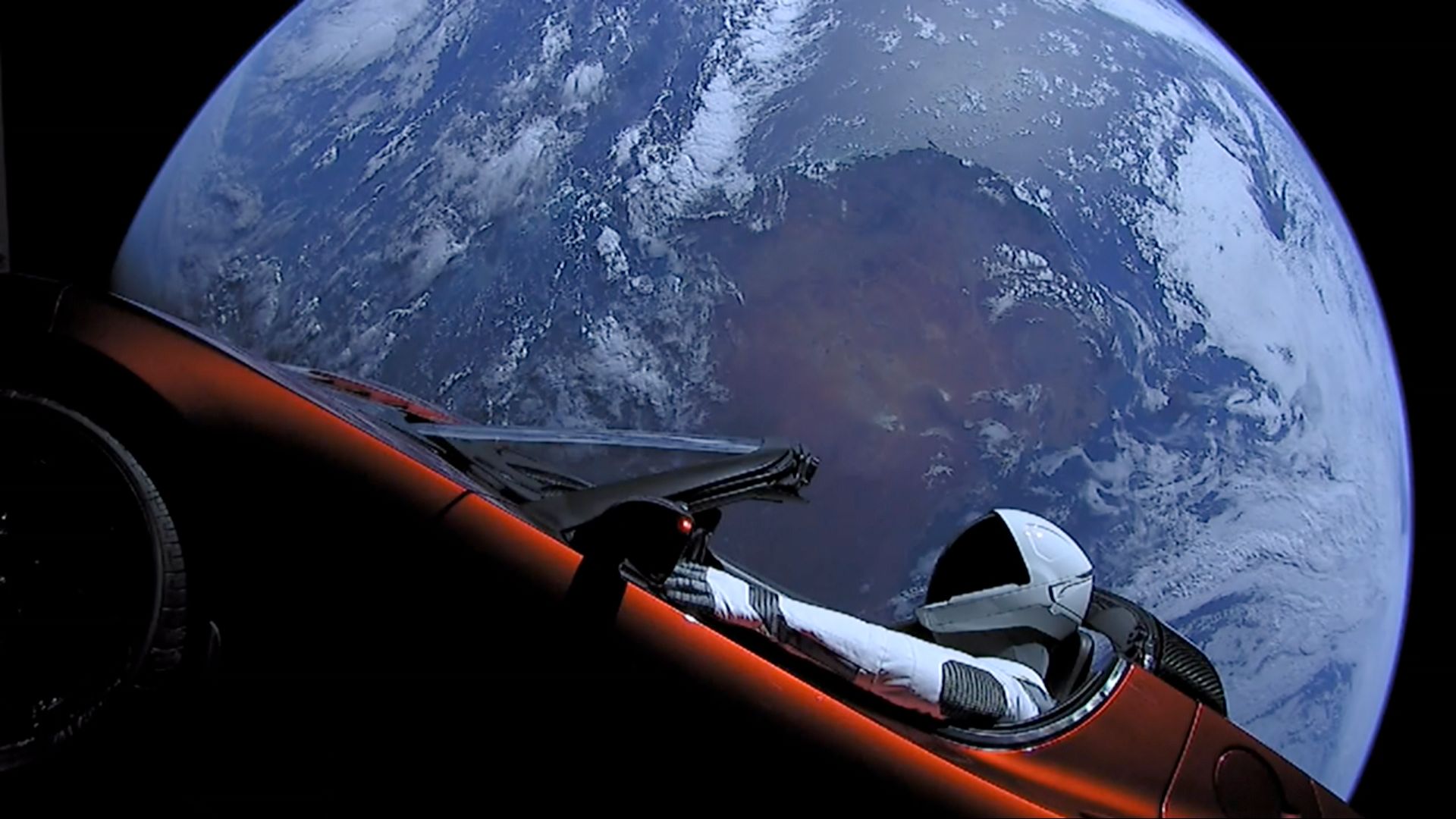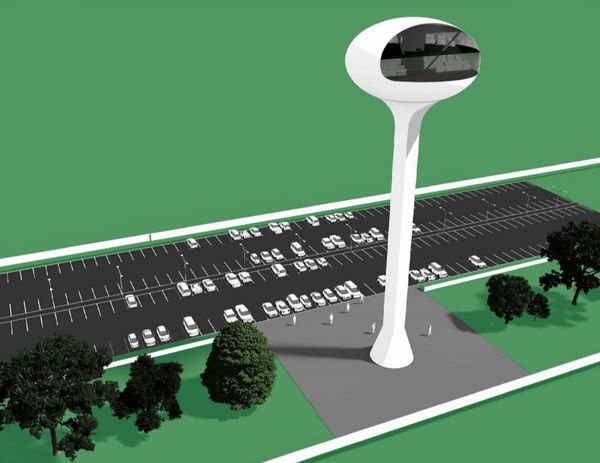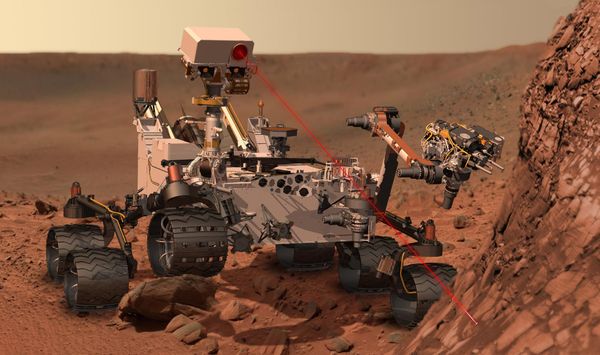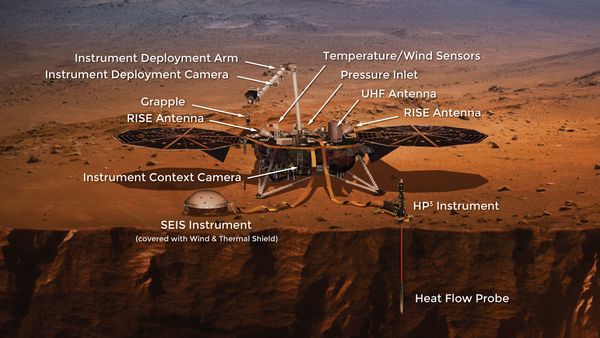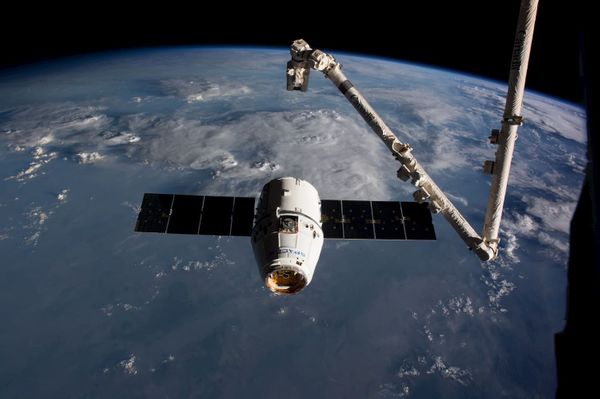Why Falcon Heavy & Starman? Life cannot just be about solving one sad problem after another. There need to be things that inspire you, that make you glad to wake up in the morning and be part of humanity. That is why we did it. We did for you. - Elon Musk
In the wake of the groundbreaking launch of Falcon Heavy, opinions have been buzzing across the Internet, mostly in awe, but some in condemnation of the event. Two articles jumped out at me from my Medium feed, obviously targeting readers eager to hear opinions on the launch of Falcon Heavy this past February: Does Launching Cars Into Space Matter When Life’s Falling Apart? and A style guide for writing about the rich. To be fair, both of these articles are well-worded and written by professional authors, of which I am not, but the content triggered something inside me that I feel requires an in-depth response.
First off, this is not an article on the scientific and technical merit of launching an electric sports car into space. For that, I encourage you take a look at this excellent post by my colleague on the subject. When I watched the first Falcon Heavy take off, it wasn't as a lone space nerd sitting at his desk watching a YouTube video. I was surrounded by an entire office of people of various ages, backgrounds, and interests, enthralled in what we all thought would be a special moment. I think everyone can agree that launching a car towards Mars and beyond is exciting. the rocket is the most powerful since Saturn V, and 21st century technology allowed for breathtaking crystal clear imagery of the event be streamed to any internet-connected device with a screen, a far cry from friends and neighbors huddled around black and white TVs in 1969.
As someone enamored with the technology behind spaceflight, the launch had special importance to me. It represents the culmination of over 5 years of delays to the Falcon Heavy program. It brings low cost heavy lift to U.S. soil for the first time in decades, and breaks the last foothold of the ULA monopoly on direct Geostationary Orbit (GEO) insertion lift. It’s the last step in the “SpaceX Master Plan: Part 1” (unofficial title), representing the completion of the Falcon family and pointing towards even greater things with Raptor, BFR, and Mars.
To the common observer, American or otherwise, this launch was a spectacle not to be missed. With the chance of choreographed booster landings, or more likely a spectacular explosion, this rocket launch provided an excellent live viewing experience. The livestream, viewed over 21 million times at publication, provided an equally impressive experience, with simultaneous booster cameras following the rockets all the way down to the landing site. This launch inspired!
An entire generation of people have been robbed of the opportunity to explore space beyond Earth orbit.
I found that I was not alone in these thoughts. On stage at South by Southwest (SXSW) Elon Musk and Jonathan Nolan, talked about the origin of the Tesla Roadster dummy payload. Jonathan Nolan, of Westworld fame, said, “It was our grandparents, who went to the Moon... we have not gone back in my lifetime.”
An entire generation of people have been robbed of the opportunity to explore space beyond Earth orbit. Kids in the 1970s were told that the dream of humans going to Mars was close to reality, and they got vivid imagery from the Apollo program to fuel those dreams. However, 46 years after the last moon landing, the United States is perennially 20 years away from sending humans to Mars. Why that is the case is a discussion for another time, but Nolan is right when he says,
"How do you inspire people? How do you get people to talk again? How do you drive the conversation?"
After an entire generation has had the dream of manned spaceflight torn from them, how do you restore that dream? You need to pull stunts. You need to rise to the challenge. When others ask why, you need to ask why not. Americans have been conditioned to think that humans traveling beyond LEO is a crazy idea, more the realm of sci-fi and 90s action-thrillers than something possible in their day to day lives. Launching something even crazier, showing that it is possible to challenge expectations and deliver, makes those dreams of the mid-20th century suddenly seem real again.
With that said, it’s disappointing to see people resisting moments like this. I am not a psychologist, and am not in a position to speculate on why. However, I think it’s important to meet misinformation with fact, and to champion the argument that, yes, it is possible to send humans to Mars in our lifetime, and yes, it is worth spending resources to make that possible even if our home planet is not a perfect utopia.
Shouldn't we fix Earth before ruining Mars?
”Does launching cars into space matter when life expectancy’s falling? Does stunting cars into orbit matter when life as you and I know it is falling apart?" - Umair Haque
Dr. Ernst Stuhlinger, then-associate director of science at NASA's Marshall Space Flight Center, still has the best counter-argument to this line of thinking, from all the way back in 1970.
”Among all the activities which are directed, controlled, and funded by the American government, the space program is certainly the most visible and probably the most debated activity, although it consumes only 1.6 percent of the total national budget, and 3 per mille (less than one-third of 1 percent) of the gross national product. As a stimulant and catalyst for the development of new technologies, and for research in the basic sciences, it is unparalleled by any other activity. In this respect, we may even say that the space program is taking over a function which for three or four thousand years has been the sad prerogative of wars.”
This question has been around for almost 50 years!
Money spent on spaceflight is wasted.
”But even if Musk was, by all accounts, a paragon of a good person who followed the letter of the law, he’d still be scum. Elon Musk is one of the fraction of a percent of people with the material wealth and power to impose near-instant improvement in people’s lives, and chooses to use his astonishing wealth to… generate more wealth and pursue his pet projects...
This is why the way we gush over the Randian exploits of rich nerds is so dangerous: people actually buy it. In this grandiose prayer of thanks for Musk and the free market, the author notably omits the billions of dollars in federal funding that Musk has received for SpaceX. Not only is this directly taking resources that, yes, come from taxpayers, this is money not going to benefit programs or to scientific efforts aimed at the general good. In short, we are still paying for it, but we’re not even getting anything out of it. Not without a “modest” $200,000 and a lifetime of waiting, at least." - Donald Borenstein
First off, Falcon Heavy was developed with private funds. No NASA or other federal development contract was provided to SpaceX. To be fair, it uses Falcon 9 heritage hardware that was developed partially by the Commercial Orbital Trasportation Services (COTS) program. However, COTS was designed to leverage private investment, to provide lower cost capability to NASA with a lower upfront investment. Reports put the program at 10x cheaper than a fully NASA-led development program.
Second, a key part of COTS was the ability for private companies to use these developed vehicles for commercial operations. The U.S. is now the number one launcher of commercial payloads in the world, which brings billions of dollars in revenue into the country, funding American workers and American suppliers.
Third, outside of the two development contracts to build Falcon 9 and Dragon, SpaceX does not receive subsidies for its services like its competitor ULA. Rather it competes and wins fixed-price contracts to provide goods and services to the U.S. government. These cannot be considered subsidies, since these are clear, competitive contracts to provide services, with milestone based payments, and if SpaceX fails to deliver any milestone, they do not get paid. NASA's own analysis of these contracts shows that SpaceX and other commercial launch providers provide a critical service to NASA at reduced cost, saving the taxpayer money.
Fourth, it is important to keep in mind that the $200,000 per person to Mars price is an ideal price target, factoring in new technological development, economies of scale, and the price of raw materials (fuel). It is not designed to be a niche service for the ultra-rich like Virgin Galactic. The $200,000 number is like an economy transatlantic airfare today. Airlines sell tickets close to the break-even mark and profit from shear volume (and/or additional fees). A $200k ticket will enable access to space for mankind to grow from a few hundred specially trained, elite scientists, pilots, and engineers, to an affordable service available to millions in the western world. Getting the price down below that number will require significant technology developments outside the scope of this discussion.
Lastly, the goal of SpaceX is to bring these advancements to the market as fast as possible. Elon Musk wants to retire on Mars, after all. Mars missions are ideally scheduled less than 10 years away. Again, more than a generation of people have been misled by federal Mars plans citing a 20 year timeline. 46 years later, those plans are no closer than they were at the end of the Apollo program. Private initiatives like SpaceX's Mars plan or Blue Origin's lunar base are attached to tighter timelines, with incentive from their backers to develop the technology to make the plans possible. The generation of kids who grew up with Apollo had their hopes of future manned exploration stolen from them. It’s time to give free markets and private enterprises a chance to achieve them.
The “Other Things”
When I set out to write the article, I expected to break down the arguments against pursuing new achievements in spaceflight. I hope you enjoyed those parts and came away more informed than before. But I also ended up on a different path, trying to understand why the Falcon Heavy Demo launch had such a wide reaching impact on our present day society. The title of this article is a reference to President Kennedy's speech which set the United States on the course for the Moon.
”We choose to go to the moon in this decade and do the other things, not because they are easy, but because they are hard, because that goal will serve to organize and measure the best of our energies and skills, because that challenge is one that we are willing to accept, one we are unwilling to postpone, and one which we intend to win, and the others, too.” - John F. Kennedy
I look forward to the other things, whether its development flights of BFR starting in 2019 or sending a wheel of cheese into space, because they inspire all of us to believe we can achieve more.

